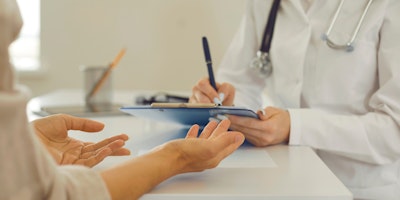Key Developments in Dutch Healthcare (2025)
● Healthcare Premium Increases: As of 2025, health insurance premiums in the Netherlands have risen by an average of €11 per month, bringing the average monthly premium to approximately €158.72. This increase is attributed to inflation and higher wage costs. Additionally, the gap between the most affordable and most expensive basic policies has expanded to €433 annually. Insurers are phasing out "restitution" policies (which allowed unrestricted provider choice) in favor of "combination" policies, which cover 75–90% of costs at non-contracted providers. This change may affect those requiring psychiatric or community nursing care, potentially leading to higher out-of-pocket expenses.
● Healthcare System Reforms: The Dutch Council for Health and Society (RVS) has recommended significant reforms to simplify the healthcare system, addressing issues like staff shortages, low pay rates, and an aging population. These challenges have contributed to the system's fragmentation and complexity. Key recommendations include removing competition from large parts of the system, such as community nursing, mental health services, and acute care, to foster collaboration among providers and insurers.
● Medical Isotope Production: In July 2024, the European Commission approved €2.2 billion in state aid for the Netherlands to construct a nuclear reactor dedicated to producing medical isotopes essential for cancer treatment. This initiative addresses potential isotope shortages post-2030, ensuring a continuous supply of crucial medicines.





